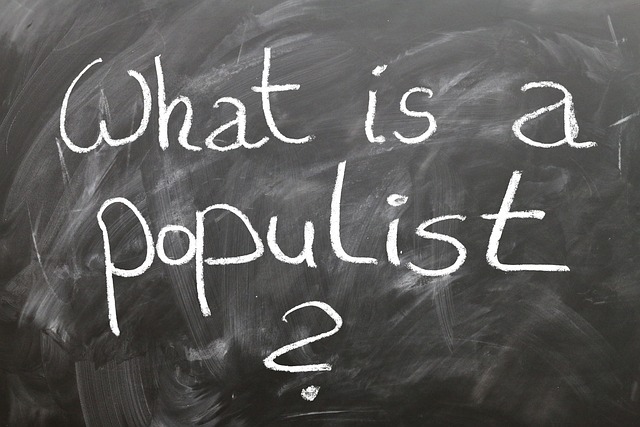Rhetoric, a term often associated with persuasive speech and writing, transcends its basic definition in various realms, particularly in the intersections between science and modern philosophy. In an age where information is plentiful, understanding rhetoric becomes essential for discerning the truth from the vast sea of misinformation that floods our digital landscapes. Within the category of Szkepszis, where skepticism reigns supreme, we must critically analyze how rhetoric influences our perception of reality in these fields.
In science, rhetoric plays a pivotal role. Scientists must not only conduct experiments and gather data but also craft compelling narratives that present their findings coherently and convincingly to various audiences. The rhetoric of science often shapes public opinion and policy decisions, making it vital for scientists to navigate this linguistic landscape with both accuracy and persuasion. However, this necessity can lead to the distortion of facts—scientific conclusions can be manipulated through biased language, framing effects, or selective emphasis on data. As skeptics, we must dissect these rhetorical strategies, examining the intentions behind the words spoken or written by researchers. Are they genuinely seeking truth, or are they looking to amplify their own careers or ideologies?
Modern philosophy also wields rhetoric as a fundamental tool. Philosophers often engage in debates that transcend mere intellectual discourse; they shape moral, ethical, and existential frameworks that influence societal norms. The rhetoric used in philosophical arguments can either clarify or obfuscate concepts, depending on the speaker’s intent and the audience’s background knowledge. A philosopher’s eloquence can turn a seemingly abstract idea into a compelling narrative that resonates with the human experience. Yet, through a skeptical lens, we must question whether such rhetoric truly holds value or if it becomes a mere exercise in eloquence, devoid of substantive meaning.
Furthermore, as we dwell deeper into the realms of science and modern philosophy, the role of rhetoric becomes increasingly complex. In discussions around climate change, artificial intelligence, and bioethics, the stakes rise significantly. Rhetoric can either bridge the gap between scientific knowledge and public understanding or contribute to dangerous misconceptions. In such scenarios, a rhetoric that embraces skepticism becomes crucial, challenging audiences to question the claims made—whether they originate from scientific experts or philosophical thought leaders. This inquiry fosters a culture of critical thinking, urging individuals to dissect the underlying rhetoric while remaining open to dialogue.
In grappling with the nuances of rhetoric, it’s important to recognize its dual-edged nature. It possesses the power to persuade, provoke, and inspire, but it can just as easily mislead and manipulate. A well-crafted message can unite individuals around a cause, while poorly framed arguments can lead to divisiveness and conflict. Embracing skepticism enables us to navigate this landscape more effectively, arming us with the tools to dissect rhetoric and understand its implications on our beliefs and societal progress.
Ultimately, examining the intersections of rhetoric within science and modern philosophy compels us to reflect on our role as informed citizens. As we consume information, it’s imperative to remain vigilant, questioning not only the content but also the manner in which it is presented. The art of rhetoric should not only serve the purpose of persuasion but also foster genuine understanding. With critical analysis at the forefront, we can elevate our discussions, embracing the complexities of rhetoric while pursuing truth and enlightenment in an increasingly skeptical world.




